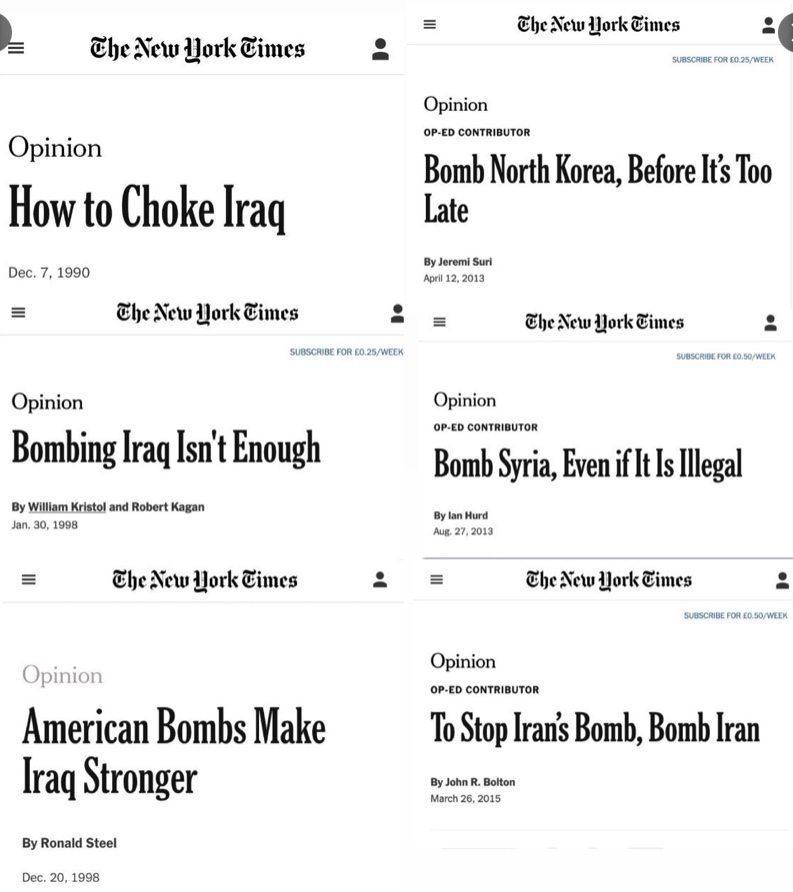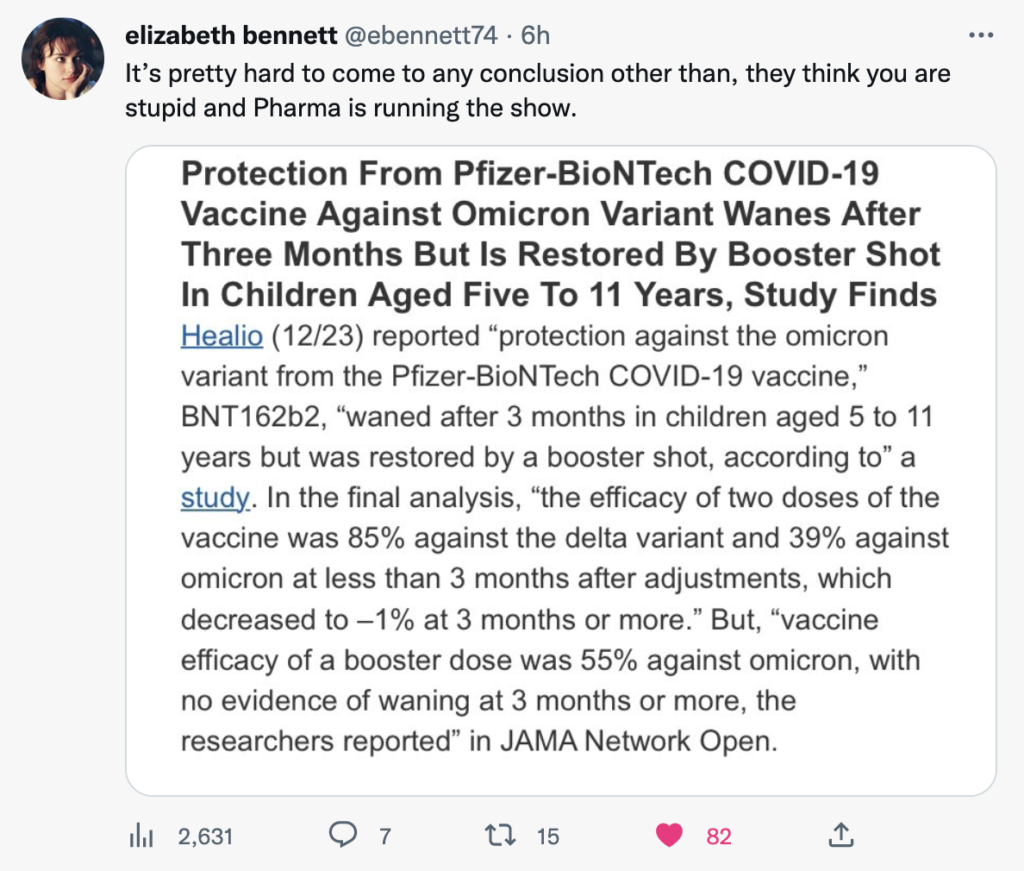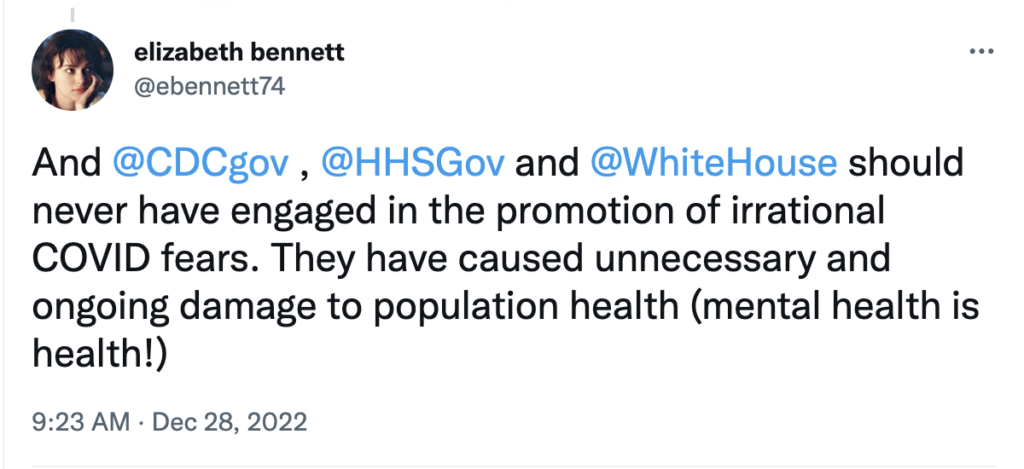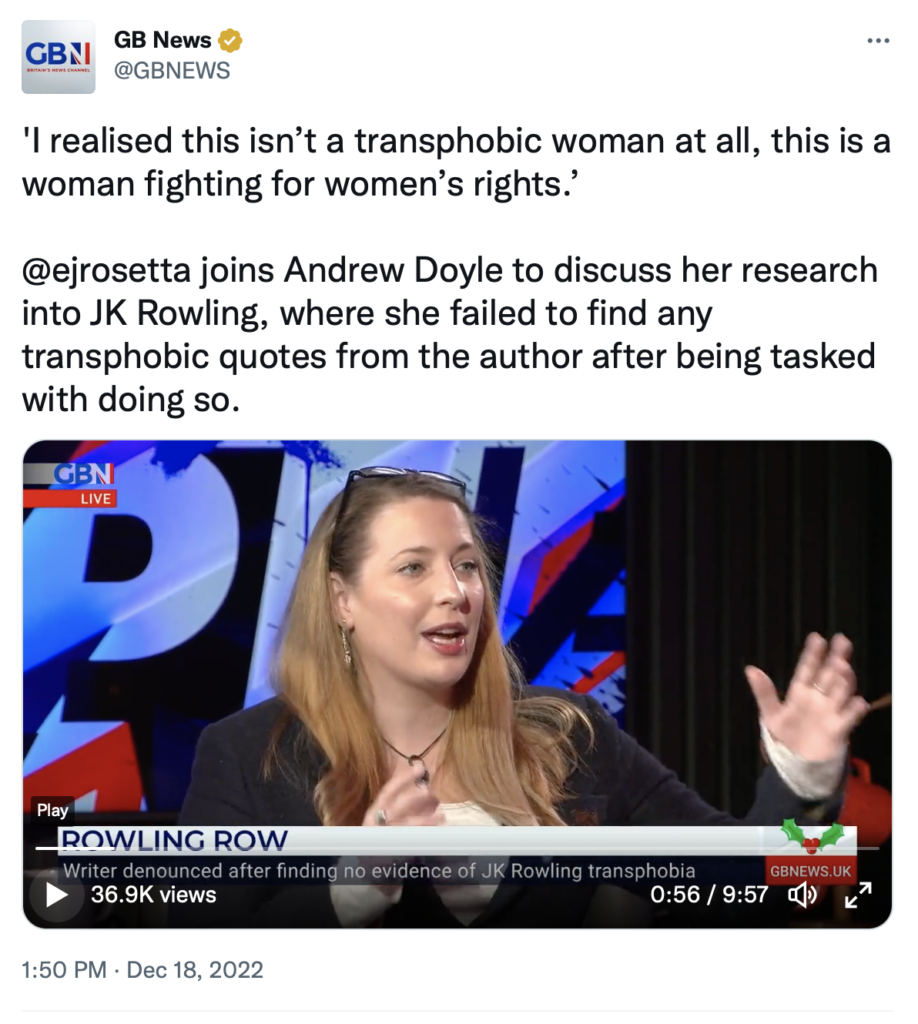End of Year Message by Bion Bartning, Founder of FAIR (Foundation Against Intolerance and Racism), discussing the genesis and mission of FAIR:
When I was a child growing up in Newton, Massachusetts, I was passionate about civil rights. I wanted to do my small part to help “heal the world”—and move us ever closer to the promise outlined in the Declaration of Independence: that every person was created equal, and that we are all entitled to unalienable rights including “life, liberty and the pursuit of happiness.”
Martin Luther King Jr. was a hero to me, and still is. I remember the day several years ago that I first shared his ‘I Have a Dream’ speech with my two young children. He spoke the truth about our shared humanity, equal protection under the law, access to equal opportunity for all, and why it was important to treat our fellow Americans with dignity and respect. I thought, growing up, that everybody shared these values.
As a young teenager in 1988, I did not understand why our governor at the time was pilloried as a “card-carrying member of the ACLU”—which I viewed as an organization committed to standing up for the individual civil liberties that are promised to all Americans under the Constitution. Freedom of speech. Freedom of religion. Equal protection under the law. I saw the ACLU as a vigilant guardian, fighting to protect our hard-won individual rights and freedoms.
Perhaps that was true at one time—but, as I discovered a few years ago, and many recognized much earlier, the ACLU is no longer the vigilant and nonpartisan civil liberties organization that we desperately need. Rather, it is a highly partisan fundraising machine that contributes to the ever-increasing polarization in our culture, while bringing in almost $400 million per year through the ACLU and ACLU Foundation, plus millions more through its state-level chapters.
And where does the ACLU spend all of the money that it raises from individuals and corporations? In 2021, Anthony Romero, CEO of the ACLU, was paid over $1 million. This is an astounding amount for a nonprofit organization to spend on one person—and, together with the significant salaries of the other key employees, shows the degree to which, perhaps, money and a careerist mindset motivates and drives the people at the top of the ACLU.
As founder and CEO of FAIR, I have never taken, and will never take, any salary or compensation. In fact, FAIR’s total payroll, for its entire team of paid staff members combined, is substantially less than the $1 million that the ACLU spends on its CEO alone. For almost two years I have donated, and will continue to donate, my time, energy, and money to support FAIR. The same is true of the other volunteers and donors involved in building FAIR since its launch last March—including Letitia Kim, head of the FAIR legal network, our chapter leaders, Board of Advisors, and hundreds of other courageous individuals.
Why do so many of us choose to be part of this? While we may not agree on every issue, we are all passionate about FAIR’s nonpartisan mission, and to advancing the values, principles—and individual freedoms—that are the foundation of a healthy, functioning, pluralistic society. I was compelled to found FAIR after seeing how the same illiberal and intolerant ideology that had infected my children’s school had caused the ACLU and other civil rights organizations to stray from their missions. I saw the urgent need for a new, truly nonpartisan, organization committed to advancing individual civil rights and liberties for all Americans—and that is exactly what we are building, with your support and involvement, at FAIR.




